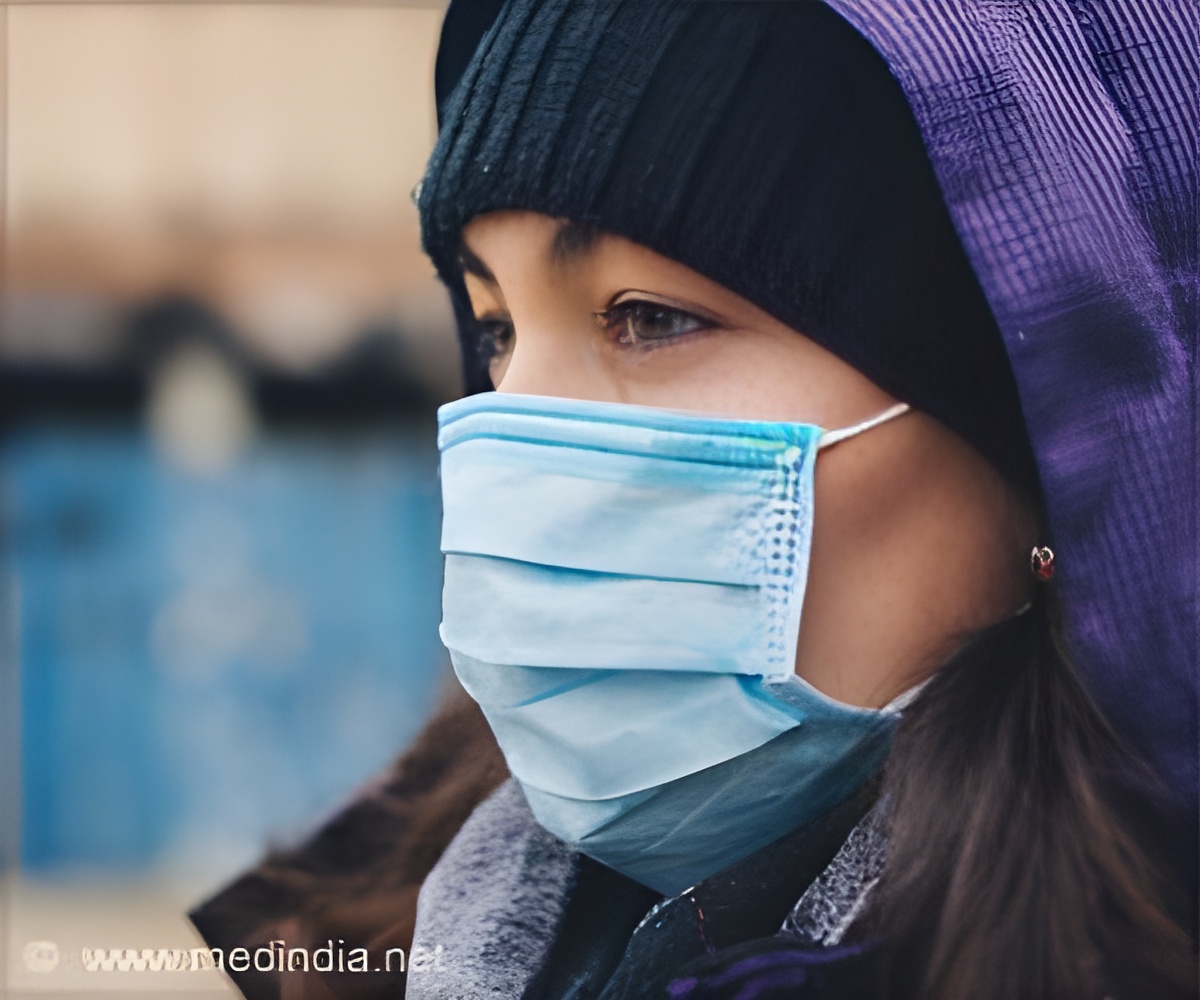About 65 per cent households of Delhi have one or more individuals have already started experiencing pollution-related ailments, a survey has revealed.

TOP INSIGHT
Implementation of Graded Response Action Plan which includes banning of diesel generators, deployment of anti-smog guns and spraying of water at construction sites etc could mitigate the effects of pollution.
Many doctors and hospitals in the city have also started reporting higher number of cases of patients with breathing difficulties. People with pre-existing respiratory or pulmonary conditions, when exposed to poor air quality are more likely to develop complications that could make them more vulnerable to infectious diseases like coronavirus.
To get a first-hand understanding of what people have started experiencing since late last week, what their plan is to cope with and efforts of the government to reduce pollution, 'LocalCircles' conducted the survey which received over 15,500 responses from people residing in Delhi, Gurugram, Noida, Ghaziabad and Faridabad.
The first question, citizens were asked was with Delhi-NCR air quality having deteriorated by 400 per cent in last four weeks and AQIs now in the 250-350 range, what they and their family were experiencing.
About 29 per cent said one or more members at home was already having cough, cold, sore throat, 6 per cent said one or more members at home already having burning eyes, 12 per cent said one or more members at home already having difficulty breathing, while 18 per cent said all of the above.
This clearly shows that 65 per cent households of Delhi have one or more individuals who have started experiencing pollution related ailments.
In response, six per cent said they are planning to travel out for some or most of this period, 21 per cent said they will stay indoors, increase intake of immunity foods and drinks and bear it, 12 per cent said they will use air purifiers along with the immunity boosting nutrition, while 24 per cent said they will carry on routine activity and wear mask when outdoors.
Over 25 per cent said they will carry on routine activity and wear mask when outdoors, increase intake of immunity foods or drinks, while 9 per cent said they will not do any of the above and just live with it.
The results of this survey show that only 12 per cent citizens of Delhi-NCR will use air purifiers to reduce the impact of pollution; a large majority will just live with it and increase the intake of immunity foods and drinks.
Increasing intake of warm fluids, adding black pepper, turmeric and other spices or ayurvedic remedies is something that many people do during this time of the year -- an age-old concoction called 'kadha'.
This year, the Delhi government has also launched an anti-air pollution campaign called "Yuddh Pradushan Ke Viruddh' under the direct leadership of Chief Minister and Environment Minister. The Central Government in its list of initiatives in last six years to reduce Delhi-NCR pollution counts construction of Eastern and Western Peripheral Expressways, introduction of BS-VI vehicles, shutdown of Badarpur plant and providing stubble cutting machines worth Rs 1400 crores to Punjab farmers.
When citizens of Delhi-NCR were asked about what they think of the initiatives undertaken by the Central and State Governments on the issue of pollution in the last 12 months, only 4 per cent said they have done a lot of work and this year should be significantly better.
About 7 per cent said they have done a lot of work and this year should be somewhat better, 11 per cent said they have done a few things and this year should be somewhat better, 11 per cent said they have done a few things but not enough for this year to be any better, 18 per cent said they have done a few things but nothing of significance; however this year will be better due to Covid, and 42 per cent said they have literally done nothing and this year will likely be the same as last year.
This means only 22 per cent citizens of Delhi NCR believe that the Central and State Governments of Delhi, Punjab, Haryana and Uttar Pradesh have done worked to curb pollution related issues in the last 12 months which will lead to lower pollution this year.
Last year several measures were discussed among citizens, including ensuring timely electricity and hence water supply to farmers in the different states, enabling stubble pick up service, making seeders available at community or panchayat level, etc.
The Delhi Government has also announced the implementation of Graded Response Action Plan from October 15, which will include steps like banning of diesel generators, deployment of anti-smog guns and spraying of water at construction sites etc.
It has also said that 10-metre thick tin sheds should be installed in all construction sites to contain dust, covered with green sheets with agencies required to sprinkle water at the area and outside the area too.
Source-IANS
 MEDINDIA
MEDINDIA

 Email
Email





